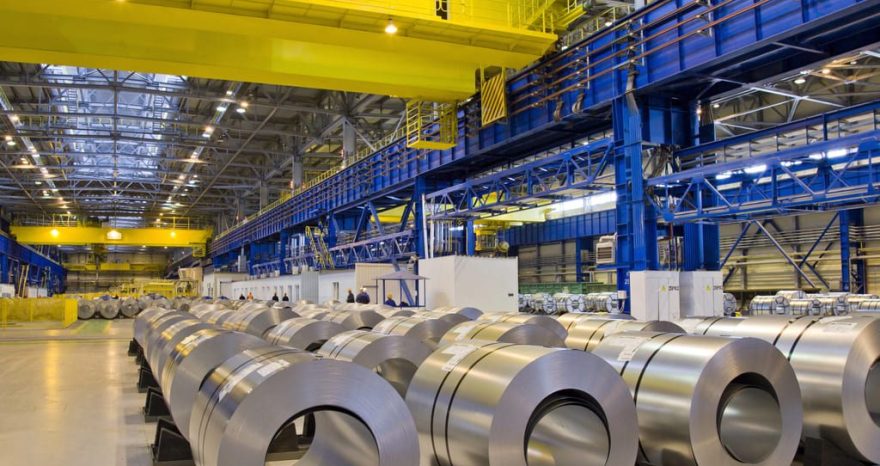The alarm of the UN Special Rapporteur on Human Rights and the Environment: the system of international arbitrations is "one of the main obstacles" on the path to ecological transition. Fossil farms will use it more and more, slowing global climate action
The ISDS mechanism allows companies to claim compensation from states for climate policies
Instead of passing the “polluter pays” principle, speeding up the exit from fossils – as the COP28 in Dubai decided – risks making us pay billions and billions to the big polluters. The alarm comes from David Boyd, UN special rapporteur on human rights and the environment. According to Boyd, the outcome of the climate conference could cause “an explosion” of multi-billion-dollar lawsuits by fossil companies. How? Through the ISDS mechanism.
Behind this acronym would be one of the “main obstacles” to climate and environmental action, warns Boyd. Especially if the pace of the energy transition were really to accelerate, as established in Dubai. ISDS is a system for resolving legal disputes between states and investors. It allows the latter to bring to court governments that promote policies considered harmful to the operations of companies. And claim compensation and compensation.
ISDS mechanism, the trump card of fossil companies
It’s not a theoretical possibility. According to a report prepared by Boyd himself and published last July, foreign investors use the dispute settlement process to demand exorbitant compensation from states that strengthen environmental protection. The cases abound. And the fossil fuel and mining industries have already won over $100 billion in compensation through the ISDS mechanism. But the use of this tool also allows you to slow down the climate action. Thus going on a collision course with the transition from fossils.
Among the most recent episodes, is a lawsuit by Zenit Energy against Tunisia, again for the exploitation of hydrocarbon deposits, a similar one against Nigeria brought by the Korean National Oil Corporation, a $20 billion lawsuit against Canada for stopping a gas-fired power plant after the environmental impact assessment, an ongoing process in which Discovery Global LLC is suing Slovakia (demanding over $2 billion, about 2% of national GDP) for imposing an impact assessment on future oil and gas developments.
In Congo, two Australian mining companies have filed lawsuits for twice the African country’s GDP: “In no way can Congo pay“, notes Boyd, “So often the states capitulate“. The list is long.
And the trend is increasing. From the 12 cases activated before 2000, 37 cases between 2000 and 2010, to 126 cases launched between 2011 and 2021. “We know there’s been a climate crisis for 30 years, but we have companies that run coal-fired power plants, that say, ‘We had a legitimate expectation that we would be able to continue burning coal forever’,” adds Boyd, AFP heard. “These arguments are accepted by these arbitral tribunals”.
And the trend is increasing. From the 12 cases activated before 2000, 37 cases between 2000 and 2010, to 126 cases launched between 2011 and 2021. “We know there’s been a climate crisis for 30 years, but we have companies that run coal-fired power plants, that say, ‘We had a legitimate expectation that we would be able to continue burning coal forever’,” adds Boyd, AFP heard. “These arguments are accepted by these arbitral tribunals“.













